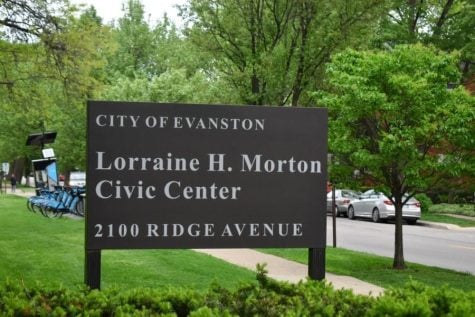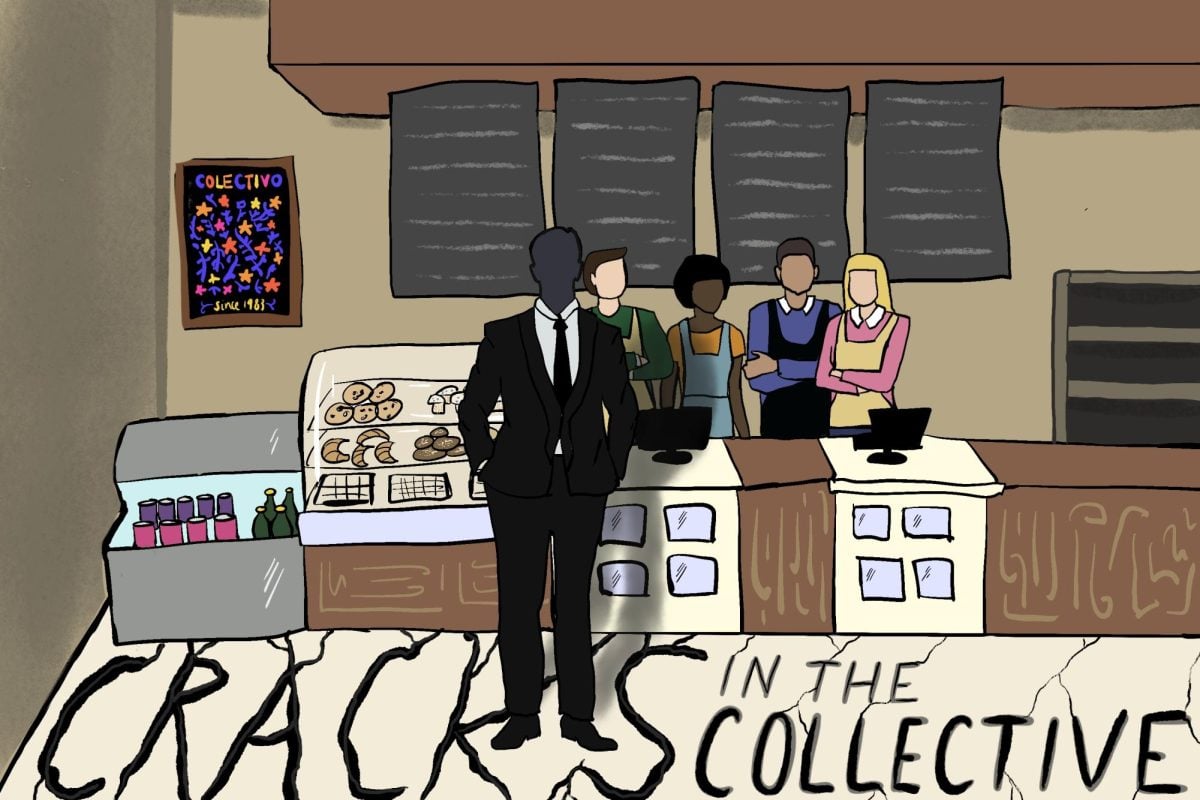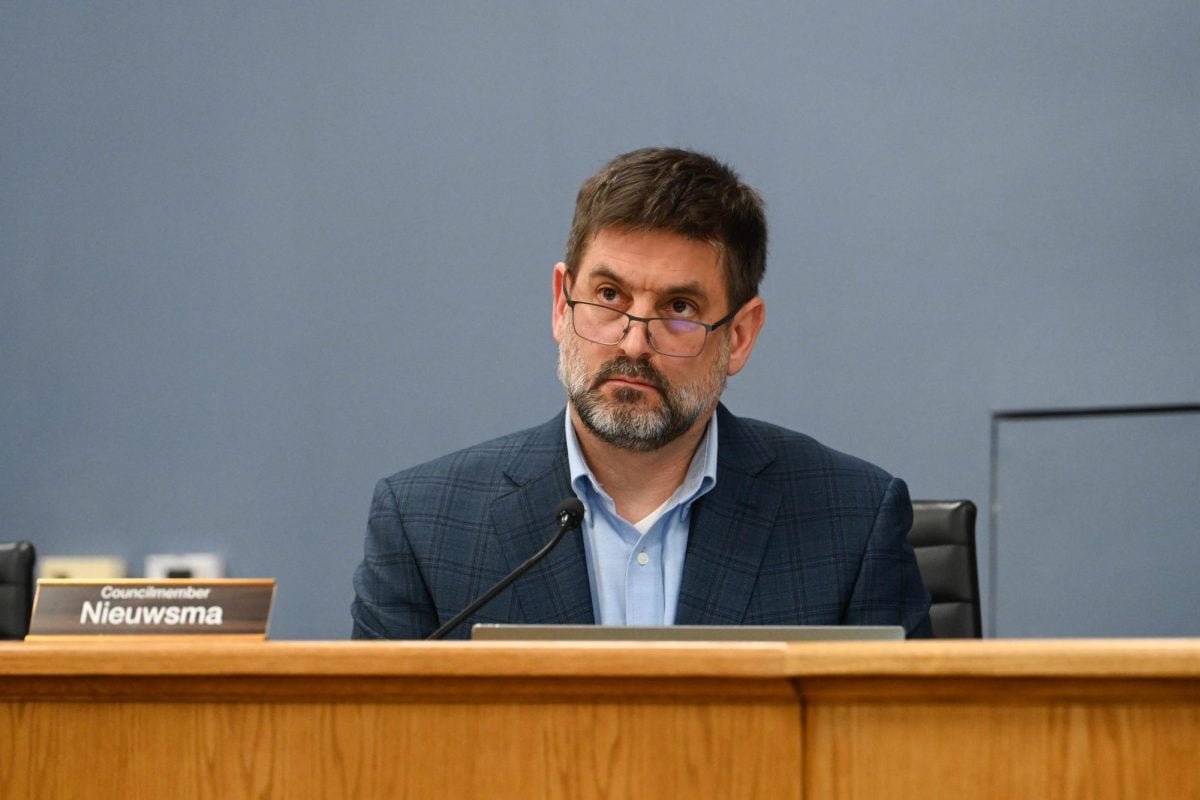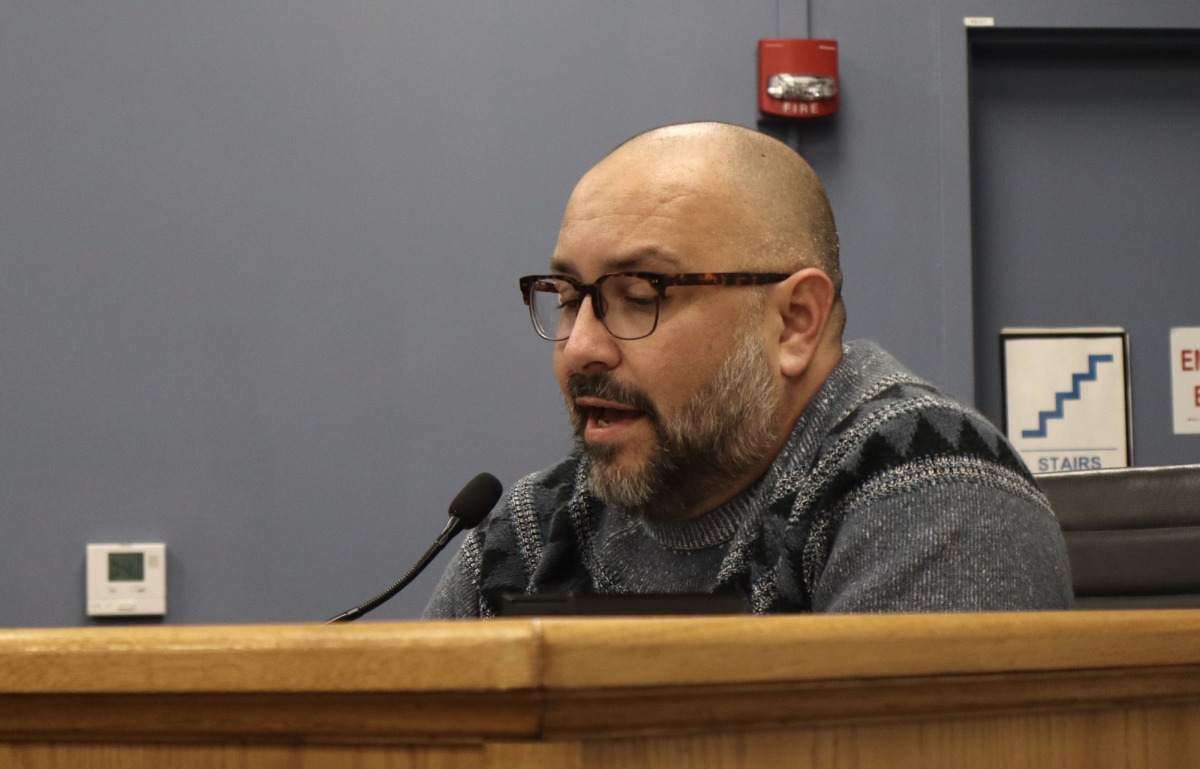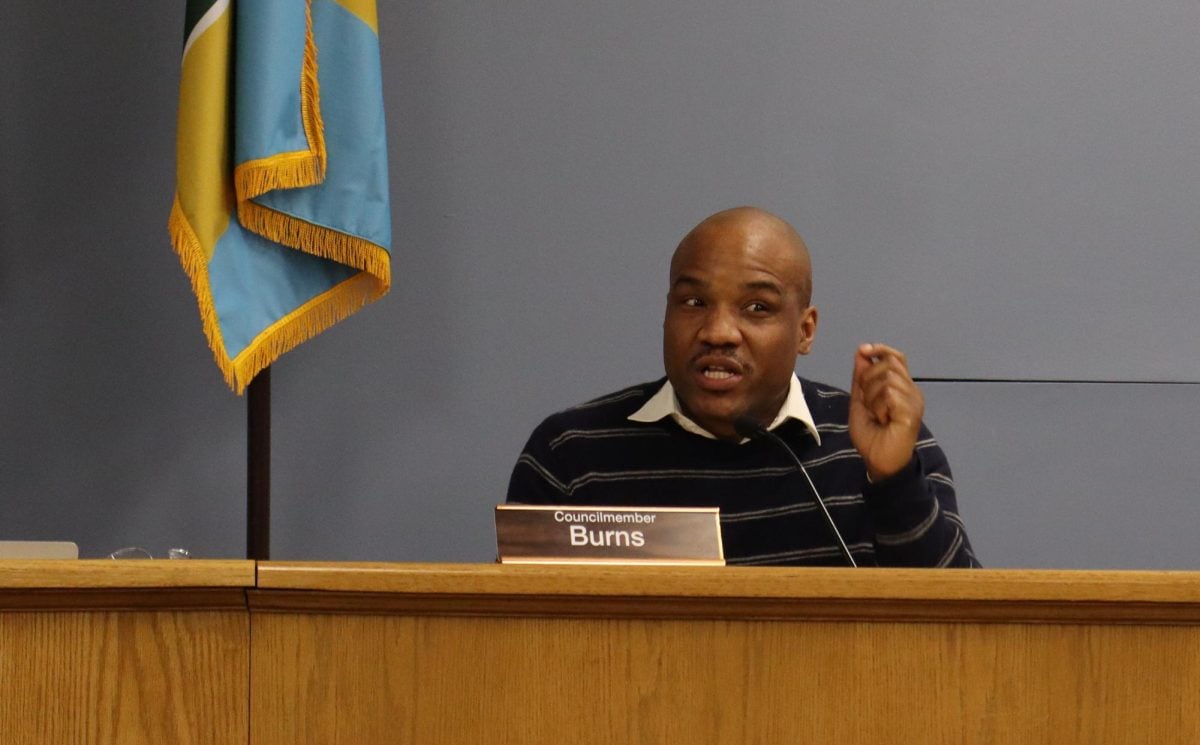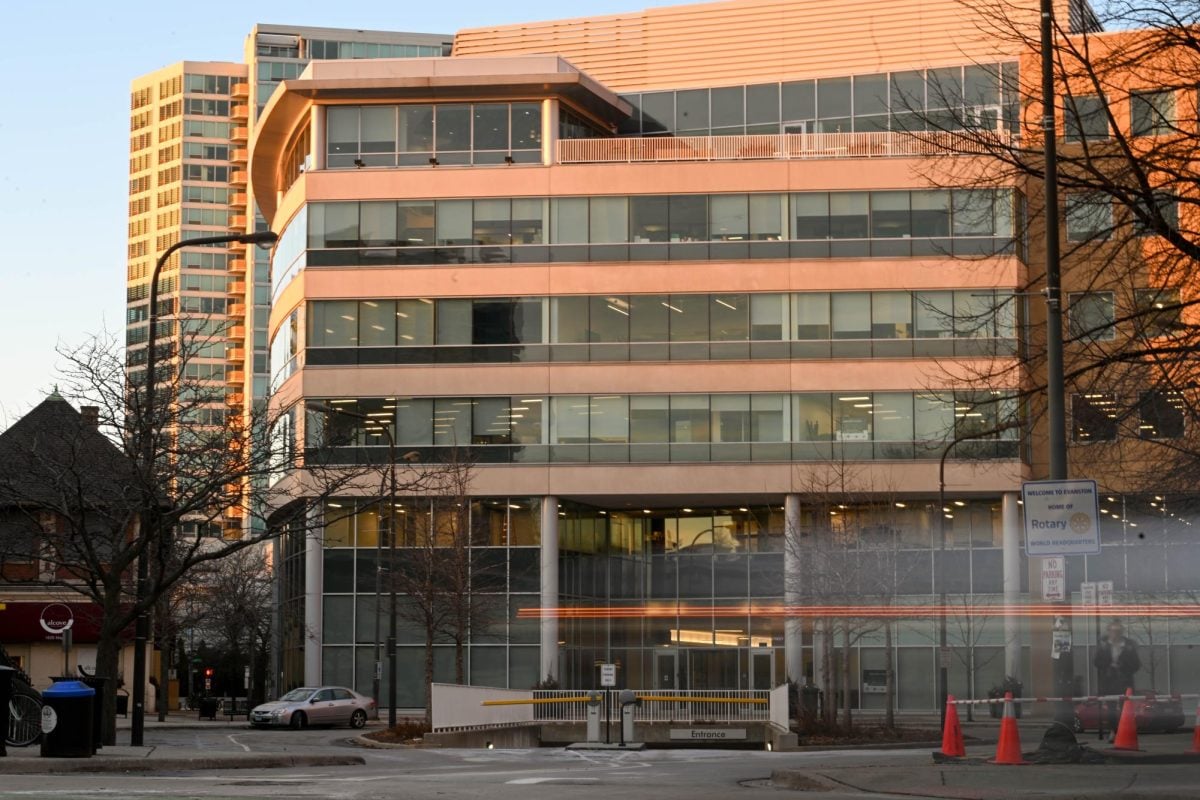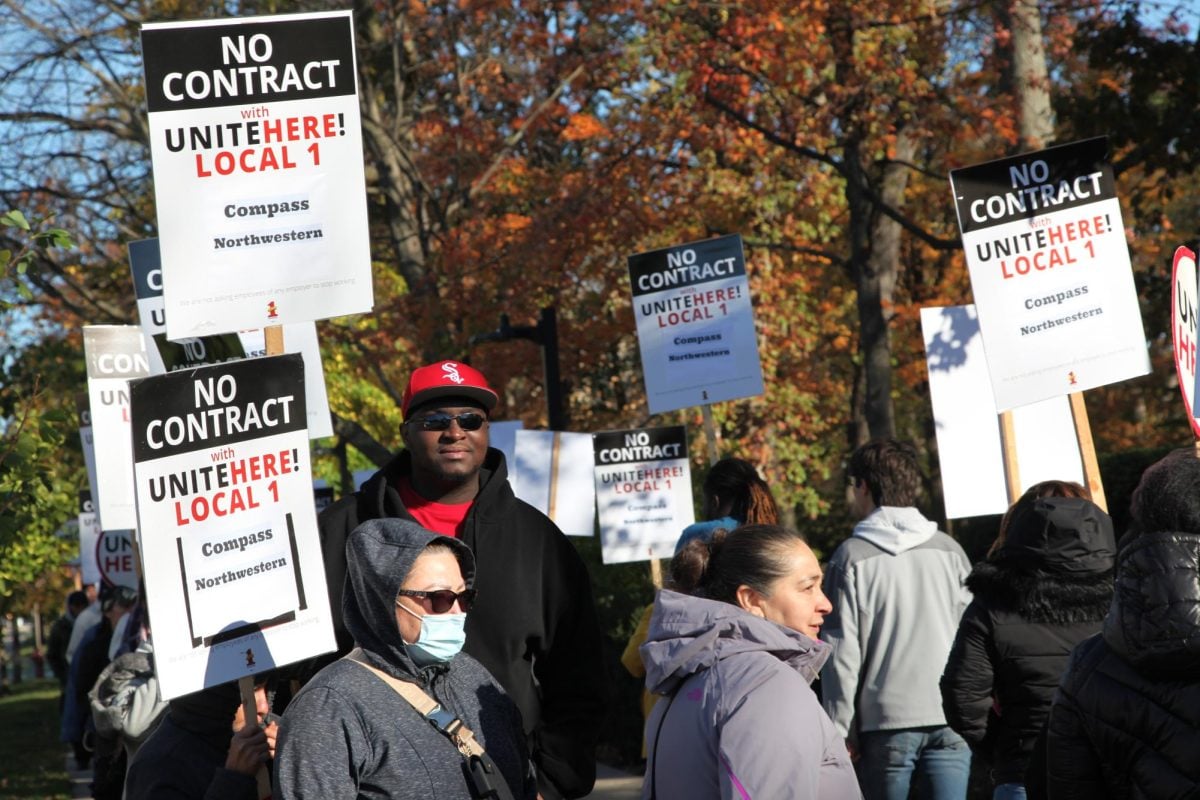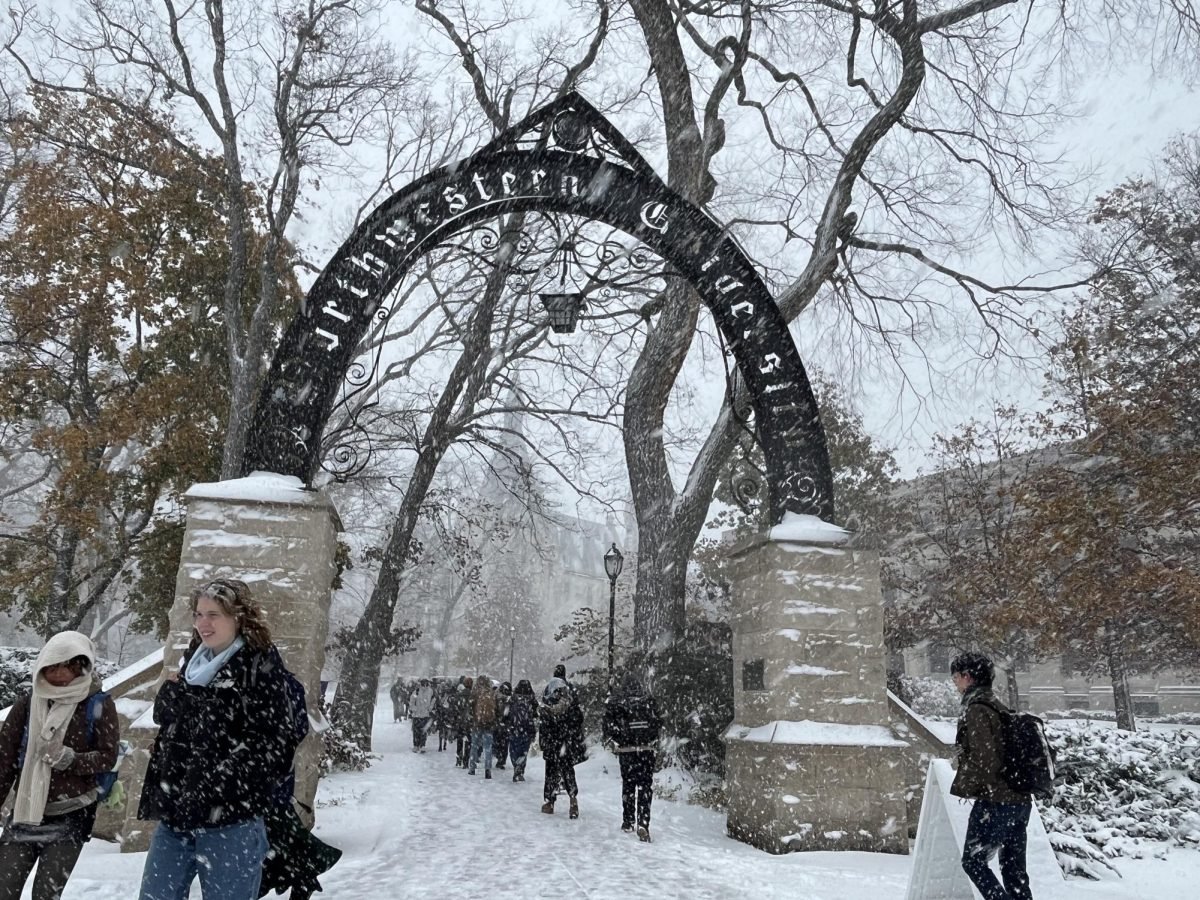After complaints of elder abuse at Evanston senior living complex Avidor Friday, residents took alleged intimidation, threats, and management’s claims of lease violations to a special Housing and Community Development Committee meeting Monday.
The meeting discussed 14 main changes to the Resident Landlord and Tenant Ordinance, which details agreements and protections for both parties. Attendants filled the council chamber, with some watching from the seating areas outside.
“They see their communities being threatened,” said Dominic Voz, the director of fair housing at Open Communities, the Evanston-based housing advocacy nonprofit. Voz said he views the complaint filed against Avidor as a fair housing issue, as the residents there “don’t feel stable” in their housing.
The other changes listed in the meeting’s agenda included limiting late fees, disclosing utility costs to tenants and removing the tenant’s responsibility to provide for an attorney in case of eviction.
One of the proposals will require landlords to provide 90 days’ notice to tenants of lease non-renewal. Simultaneously, tenants can notify landlords of their intention to not renew their lease until 30 days before lease expiration.
Dan Schermerhorn, a property manager in Evanston, said he worries that the change could affect student renters, who often begin searching for housing many months in advance.
“If this ordinance were to pass … it’s going to create a bit of chaos,” he said.
Still, the committee members clarified that there is no actual requirement that tenants have to wait until the 30-day deadline to provide a lease renewal notice.
Similarly, the Just Cause for Eviction ordinance, pushed by Ald. Devon Reid (8th) in Evanston, would require landlords to provide reasons for eviction like rent nonpayment, material noncompliance, or significant repair or demolition.
Voz said he worries that the other proposed changes to the Resident Landlord and Tenant Ordinance could be adopted instead of the Just Cause ordinance, which some property managers disapprove of, with laxer guidelines.
“I want to see renters’ rights strengthened,” Voz said.
The Just Cause ordinance is still being considered by the committee and will undergo a legal department review in March along with other RLTO updates.
Reid attributed the objections toward the ordinance to lobbying on behalf of realtors.
“Given that this has been implemented in entire states, in entire communities, I’d be really interested in folks to bring the evidence of the negative effects,” Reid said.
At the meeting, several small housing providers, including Bob Parris, said they worry that the Just Cause ordinance and the other proposed changes will not make a real impact for tenants.
Another proposal discussed at the meeting introduced a mitigation/anti-displacement fund to reimburse housing providers for damages and losses over security deposits. It would aim to increase leasing to renters with a history of houselessness or using housing vouchers, according to the committee’s agenda.
Reid pointed out that the mitigation fund is not an “alternative” to the Just Cause ordinance, but a supplement.
The meeting also discussed a tenant’s right to purchase a rental property. One proposal would give the tenant 90 days— down from a proposed 120 days —to accept the owner’s offer before the property goes on the market. Committee members said this could increase resident homeownership and keep rental affordability.
Chloe Thurston, a committee member, said that these changes are not realistic.
“Historically, we don’t actually see that working,” she said. “The idea that this alone is going to create the conditions for more ownership … the burdens that this creates do not seem to me to warrant including this (for discussion).”
Email: shreyasrinivasan2026@u.northwestern.edu
Twitter: @shreyasrin
Related Stories:
— Residents file elder abuse complaint against Avidor senior living complex
— New Just Cause Ordinance hopes to ensure housing equitability for tenants
— Nonprofits hold panel discussion to honor Martin Luther King Jr.’s vision for fair housing

